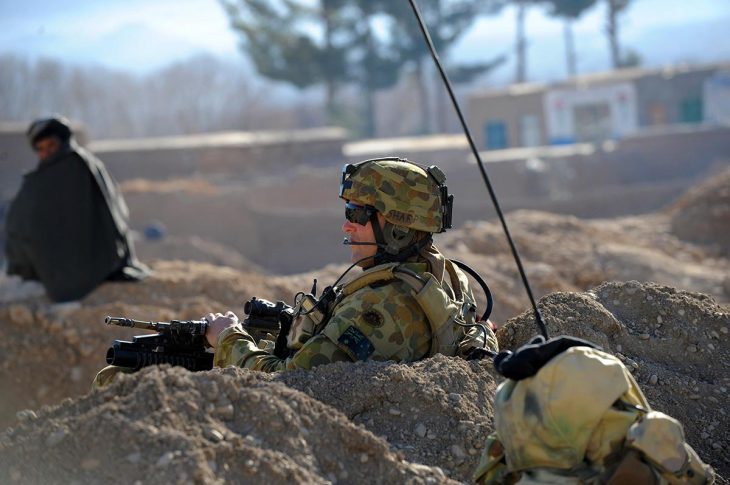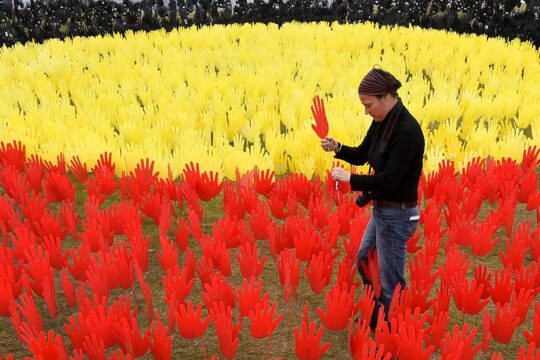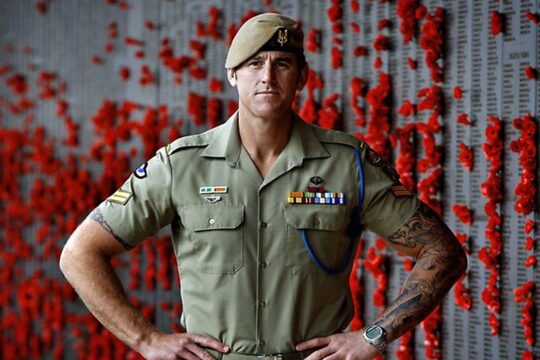To listen to the podcast, click on the "play" button below:
The Australian political, military and legal establishments have been rocked this month by the publication of big investigation – known as the Brereton report – which states that Australian soldiers committed war crimes in Afghanistan. It identified 23 incidents in which 39 people were killed and another two people were subjected to cruel treatment by Australian special forces. All of the victims were either civilians or people considered ‘hors de combat’ – for instance prisoners of war.
To explain a bit more, and especially to tell us what happens next, we contacted Rawan Arraf, Director of the Australian Centre for International Justice.
 ASYMMETRICAL HAIRCUTS
ASYMMETRICAL HAIRCUTS
This podcast has been published as part of a partnership between JusticeInfo.net and Asymmetrical Haircuts, a podcast on international justice produced from The Hague by journalists Janet Anderson and Stephanie van den Berg, who retain full control and independence over the contents of the podcast.



